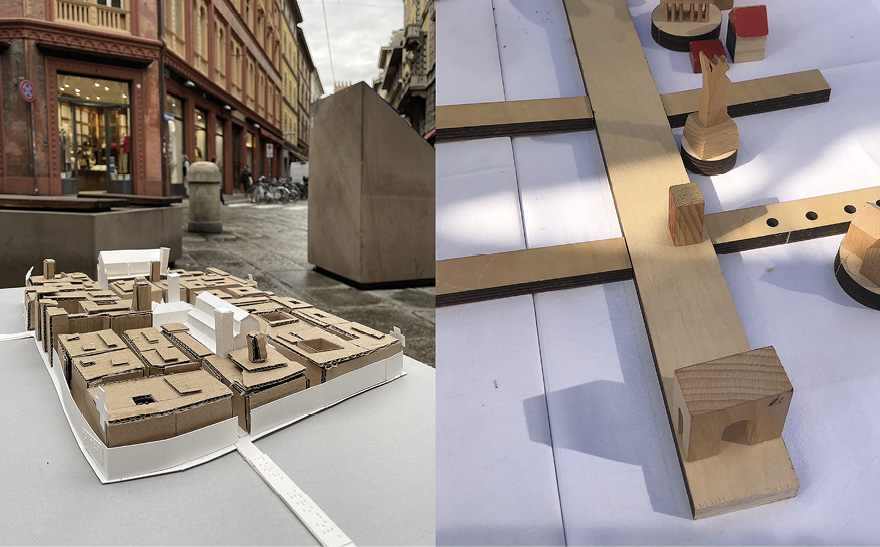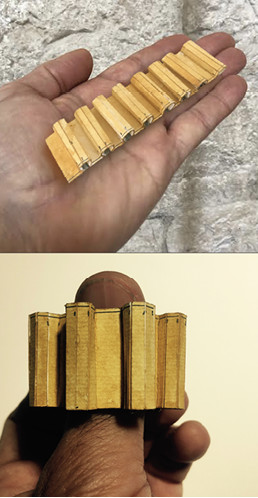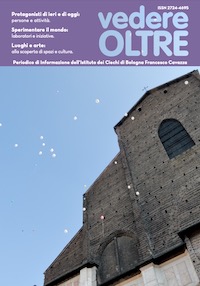The Tolomeo Museum has some key words around which it has made space: geography, listening and reading. The word GEOGRAPHY alone motivates the choice of the museum’s name. The museum is not interested in a scholarly or superficial knowledge of the discipline as much as it is in developing experiences of geographic awareness. In other words, it helps to develop abilities to understand the spatial relationships between people, communities, and the physical environment, and to understand how important this dimension is for a person’s vital development. Man cannot know, learn, create, develop his mind except through the body immersed in his environment, a global body both in perceiving and expressing himself and in learning. Children are the first to develop their own person and knowledge of the world through the exchanges they establish and take on with their environment. It is a motor experience, not static, but moving, walking in the act of self-knowledge reflected in the landscape. It is therefore in the spatial, geographical experience that the child will mature its affinities, its language, its sensory, perceptual, representational, and symbolic organization. Bodily reality allows the child to explore and learn about his or her surroundings in order to organize and classify it according to a personal learning process, following his or her own motivations, energies and rhythms. We grow up by contact with the world, immersed in the world. To grow we need to touch the world, but also be touched by the world.

Mikel Dufrenne in his document The Eye and the Ear writes: ‘to be in the world, is to be in contact, things among things, which at the same time touches and is touched. Touch is the pinnacle of proximity; and at the same time, I also need the connectedness of the world, because it manifests at its best this reversibility by which my flesh is grafted onto the flesh of the world: I only touch things as much as they touch me, and often they take the initiative. [...] Things are then only as tangible as I am: we are of the same species. It is from this background of co-naturalness that I emerge.’

So, becoming aware of the environment, being touched by the landscape around us, is vital to our growth. To be touched is to be involved with something that encompasses the totality of our existence. Therefore, it is not a matter of being touched anywhere. We are touched. We are touched because we form a whole with the world. Even better, it is in the world and with the world that we take our shape.





.png)